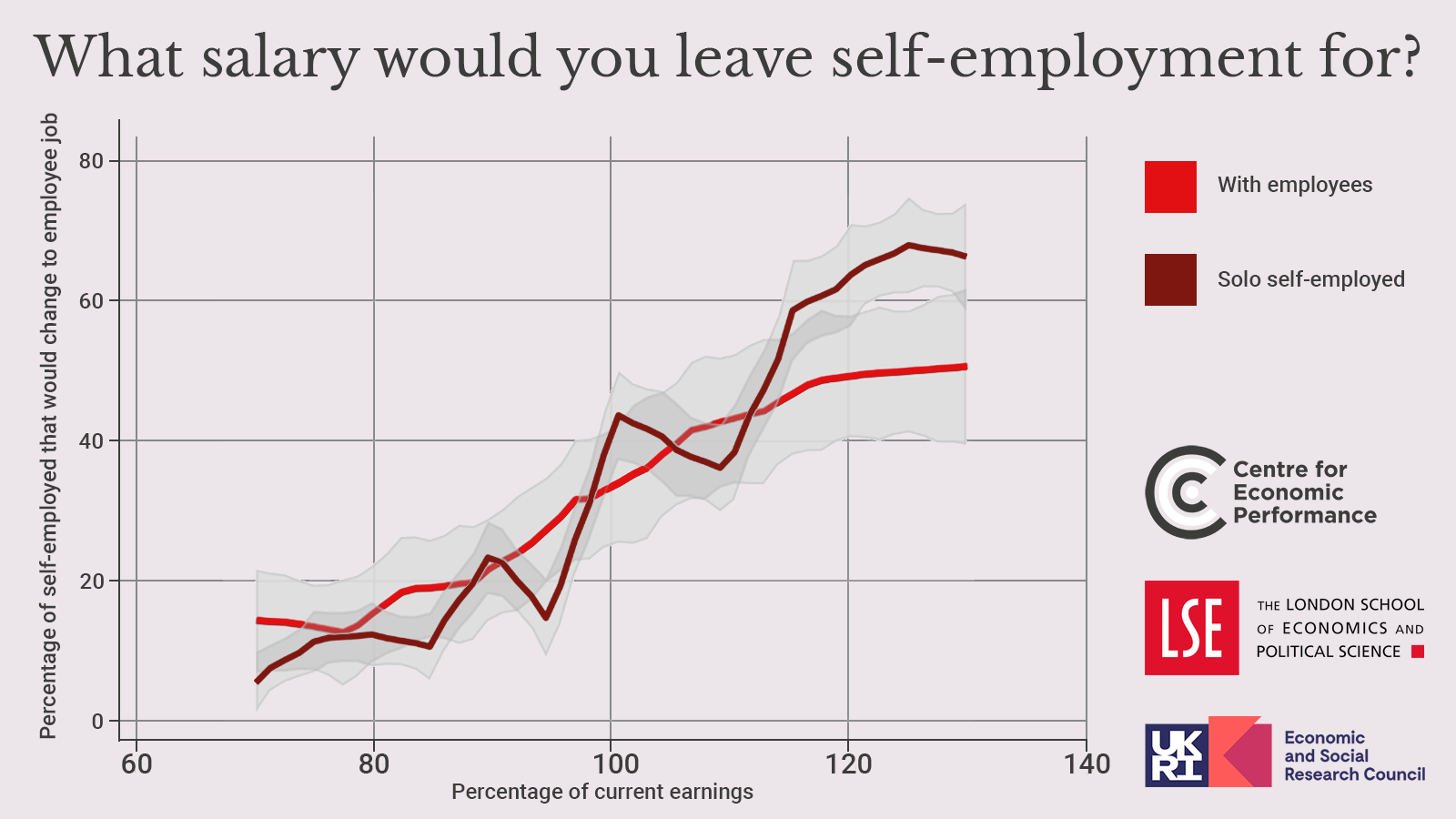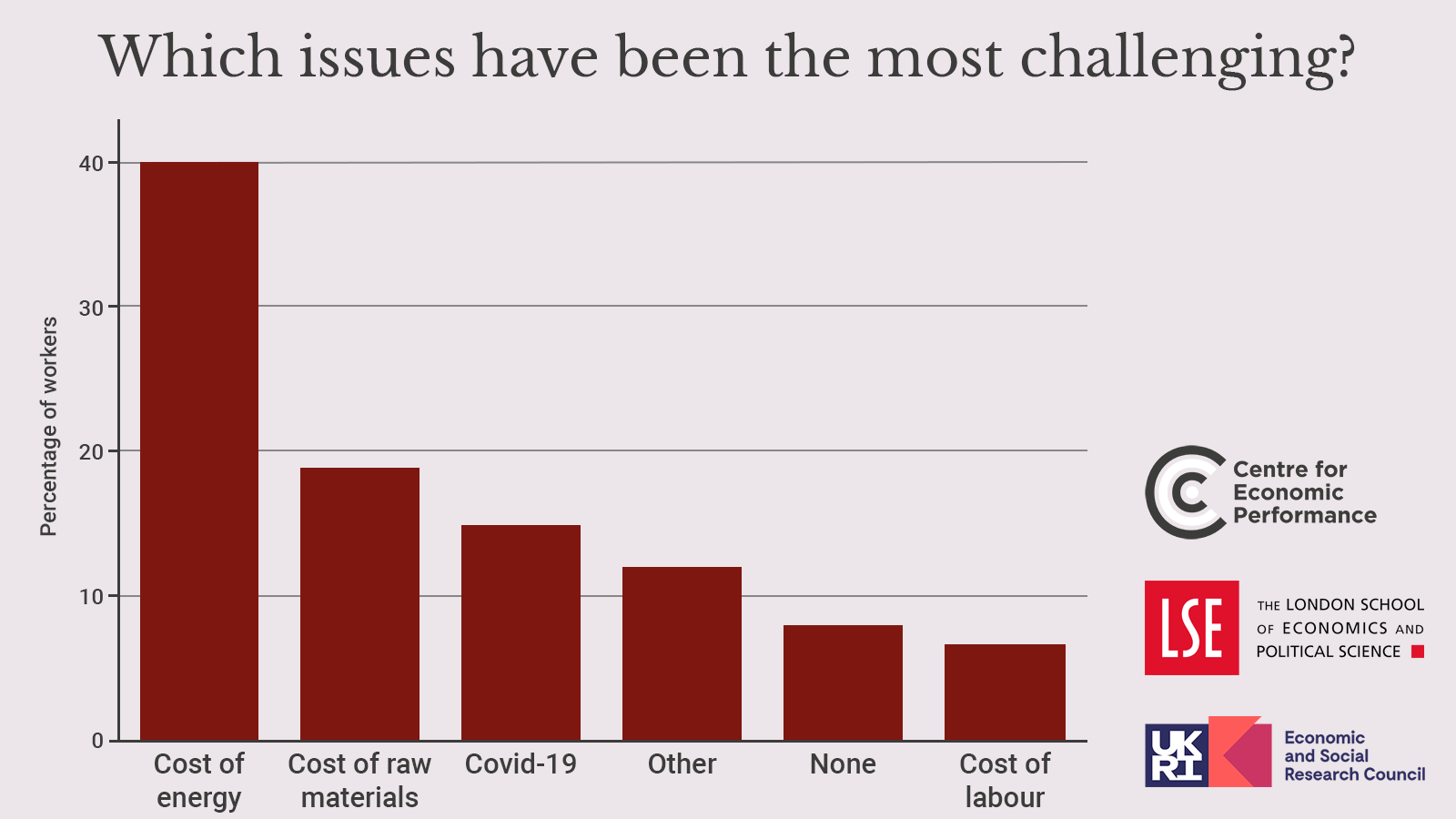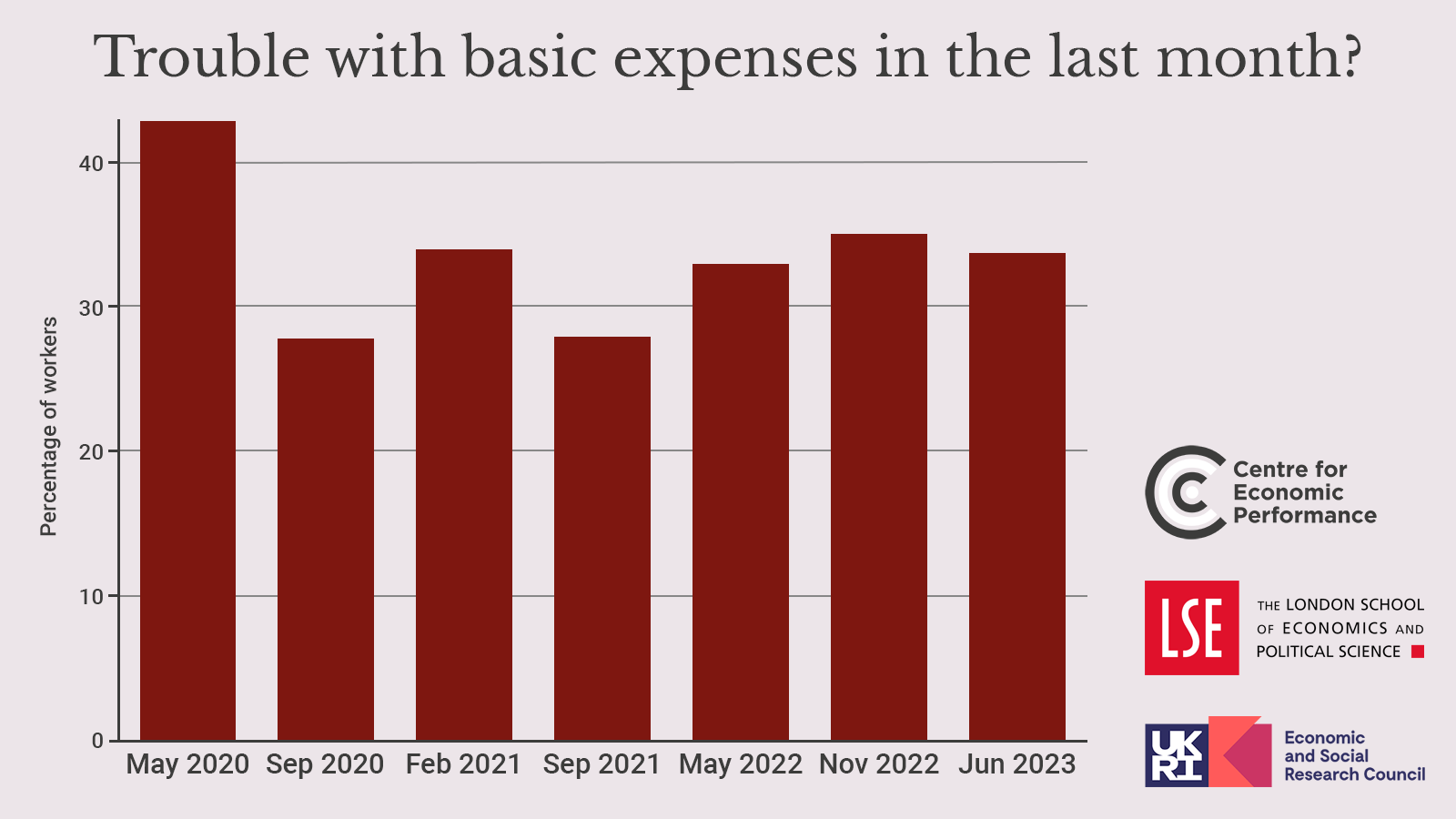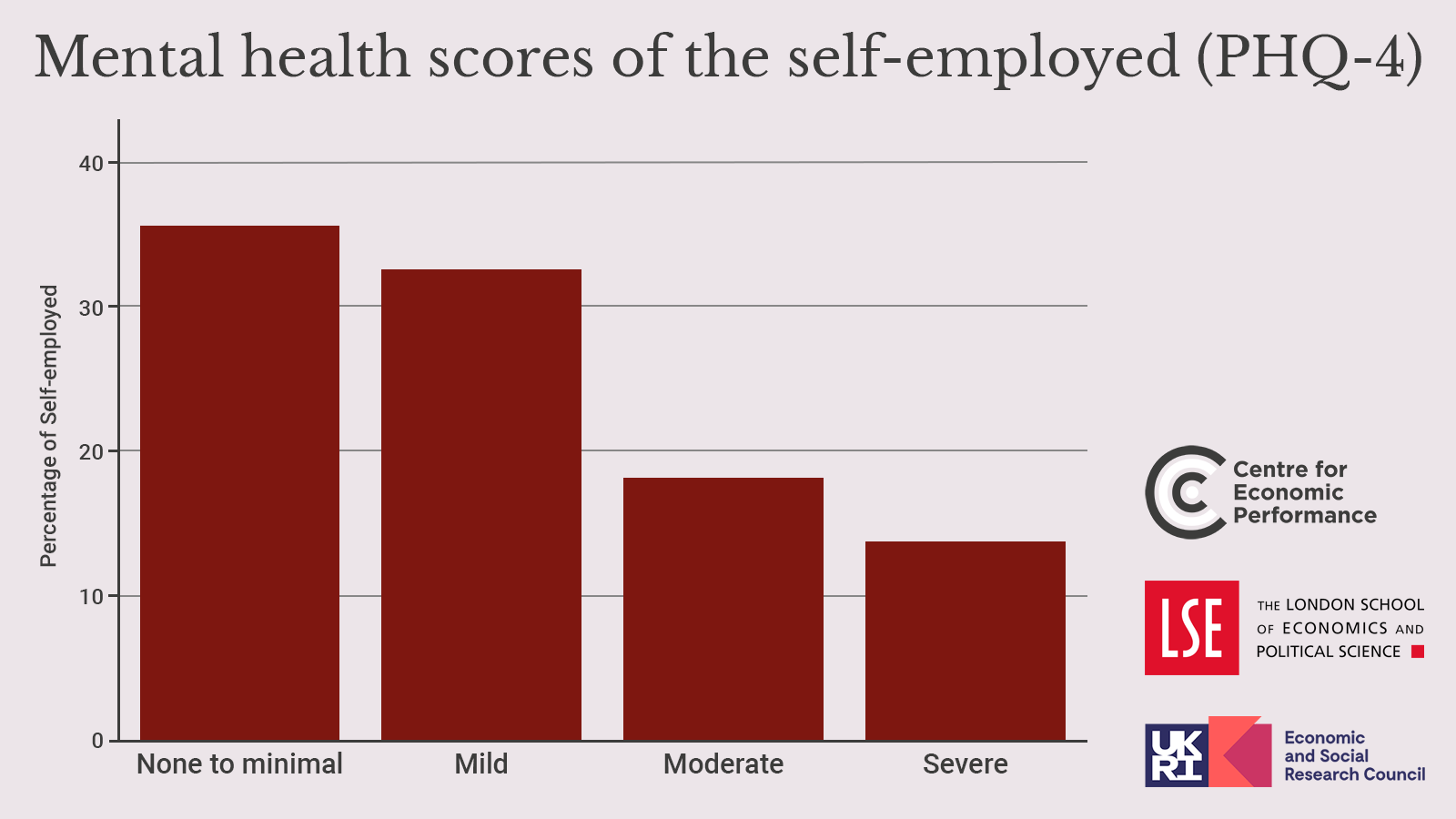'The self-employment trap', published today by the Centre for Economic Performance (CEP), indicates around two-in-five self-employed workers would switch to a salaried job if they could secure the same income, with around one-in-eight willing to accept a 20% pay cut to get out.
The study, co-authored by the University of Liverpool Management School, comes after previous research showed an exodus from self-employment, as incomes failed to recover after the pandemic.
While not being able to find a salaried job at similar pay is the main reason given for being unable to move, the self-employed also cite concerns about having a lack of skills or training, few job openings and feeling too old.

This latest report, the seventh in the series showing how self-employed workers are faring, also confirms income of the self-employed remains in the doldrums, as high cost of energy continues to be the main challenge to their financial situation.
The survey's results reveal 34% are having trouble paying for basic expenses, a proportion which has shown no change since August 2020.


Stagnant incomes and rising costs are also having an impact on the wellbeing of the self-employed, with more than a quarter of those surveyed experiencing "moderate" or "severe" mental health issues compared with 16% of the general population.
The research, which draws on a representative sample of 1,500 individuals in the self-employed population, also looks at the voting intentions of self-employed workers.

Although the self-employed have historically been identified as Conservative voters, the survey finds that Labour is the most popular single party among respondents, confirming the changing trend in political alignments observed in the previous report.
Stephen Machin, director of CEP and co-author of the report, said: "The self-employed, especially the solo self-employed working by themselves, are experiencing ongoing challenging financial conditions. And more appear to be questioning whether the rewards involved in being self-employed are worth the risks. We found a significant number were prepared to move to a salaried job for the same income - with, in particular, the solo self-employed and younger individuals expressing a desire to move to a salaried job, even in some cases when this entailed a wage-cut."
Professor Robert Blackburn, co-author of the report and Professor of Entrepreneurship at the Brett Centre for Entrepreneurship, University of Liverpool, said: "We have previously found there is a flight from self-employment but these latest results show there are many who feel trapped. With persistently low incomes, and rising costs, these pressures are clearly affecting their wellbeing."
Maria Ventura, co-author and PhD candidate at the London School of Economics, commented: "Our analysis of voting intentions shows that, unusually, it is the older self-employed who are switching from Conservatives to Labour. This willingness to shift political allegiance implies the self-employed cannot be ignored in the manifestos of political parties."
*The seventh LSE-CEP Survey of self-employment was carried out from 30 May to 4 July 2023. The results are based on 1,500 responses. The responses are weighted to represent the population of self-employed workers.
The full report is available here: "The self-employment trap".






